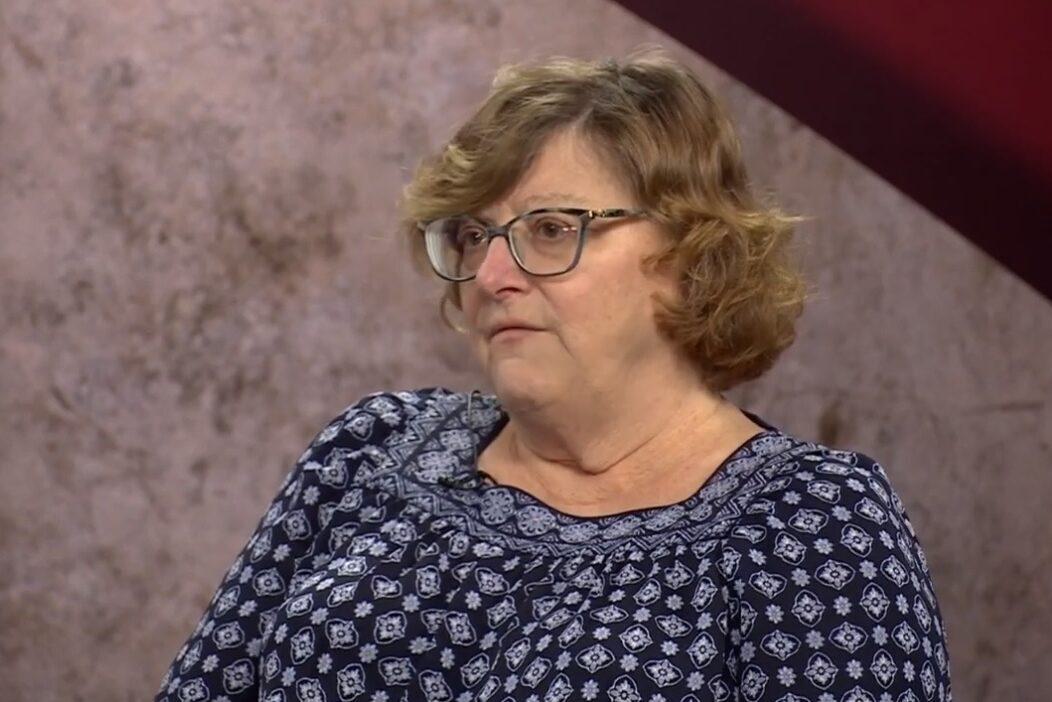During this week's broadcast of Alabama Public Television's "Capitol Journal," Alabama Public Library Service (APLS) director Nancy Pack addressed some of the controversies confronting her organization and other libraries around Alabama.
According to many, the top of the list was the content offered in libraries that was available to children. Although Pack acknowledged there was content not appropriate for children, she said there were still challenges to keeping children from obtaining that subject matter.
According to Pack, the standards are different for different children, and the responsibility falls on the parents to determine their child's standards.
However, she insisted there was a time and place for same-sex couples to be represented in some children's books.
"You have children who want to see their family," she said. "You see, in most children's books — you see a mom, a dad and children. You see racially mixed families and different children who have stepbrothers and sisters who are a different nationality as them. But when you get down to the gay and lesbian books, there's not a whole lot of them out there that show two moms or two dads and the child. That child wants to see their family represented in like all these other books. You know, you have mom and dad and children here. Why aren't my two moms or my two dads represented like that?"
Another controversial topic was her organization's association with the American Library Association (ALA), which Gov. Kay Ivey recently raised in a letter to Pack.
Pack did not address Ivey's letter directly. However, she said ALA offered tools for some public libraries but downplayed the organization's role as a governing authority.
"ALA does a lot of things," she said. "They reach out to a lot of programs and work with a lot of organizations. This working with censored books and their reading lists and everything are developed by librarians and subject specialists. And ALA has never had their policies and procedures for 'Freedom to Read' throughout its guidance. We don't push them. Most libraries have adopted them. But they don't have to use them. Very seldom, you look at libraries, and you say, well, you don't look at 'Freedom to Read' until you get a censored book. Then you pull it out, and you dust it off, and you say, OK, we have affirmed these in our collection development policy, and we need to look at what we're doing."
Pack also credits ALA for safely loaning books during the COVID-19 pandemic. However, she insisted the local community, not the ALA, was responsible for libraries' collections.
"They have no say so in what you collect," Pack replied. "It goes back to your local community. They have reading lists. They have tools to work with, with different things. The most recent thing they came to work with was knowing your money and finances. It was to teach people who were underserved how to teach people about saving money, look into investing and how to save your money. ALA does not have the power to go out and say, 'You need this book in your library.' And they do not have the funds to send the book to the library. Nor does APLS have the funds to say you have to have this book."
State Rep. Susan DuBose (R-Hoover) has called on Alabama's libraries to disaffiliate from the "toxic" ALA.
Jeff Poor is the editor in chief of 1819 News and host of "The Jeff Poor Show," heard Monday-Friday, 9 a.m.-noon on Mobile's FM Talk 106.5. To connect or comment, email jeff.poor@1819News.com or follow him on Twitter @jeff_poor.
Don't miss out! Subscribe to our newsletter and get our top stories every weekday morning.










